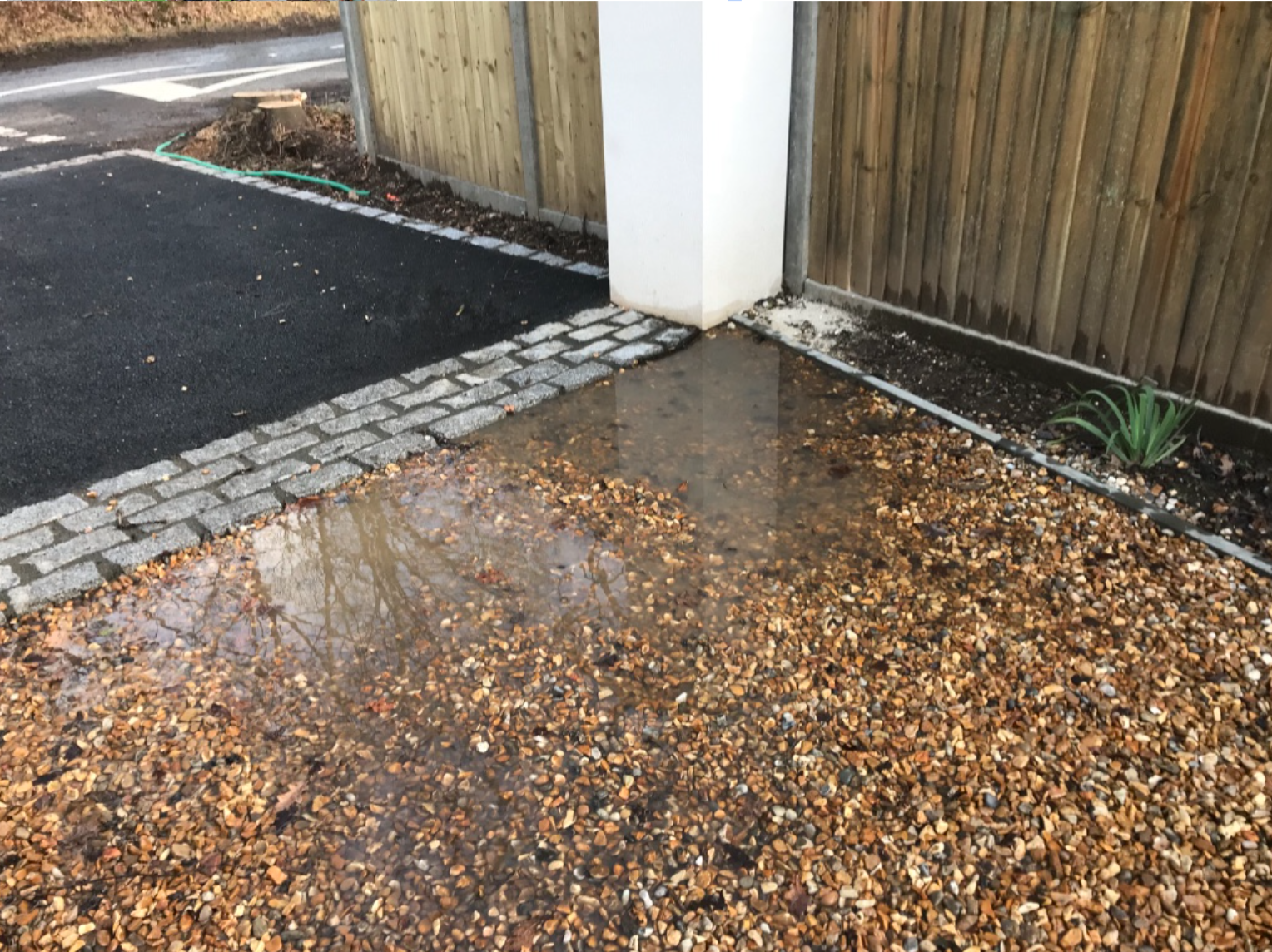The top three links between households and river pollution
The top three links between households and river pollution are:
1. Wastewater Discharge:
Household wastewater, including sewage and greywater (dishwater), is a significant contributor to river pollution. Improper disposal of wastewater directly into rivers or through inadequate sewage systems that lead to leakage or overflow can introduce harmful substances such as pathogens, nutrients, chemicals, and pharmaceuticals into the water. This pollution can have detrimental effects on aquatic ecosystems and human health.
2. Improper Waste Management:
If not properly managed, household waste can find its way into rivers and water bodies, leading to pollution. Improper disposal of solid waste, such as plastics, paper, and other non-biodegradable materials, can result in them being carried by stormwater runoff into rivers. These materials can cause physical harm to aquatic organisms, create blockages, and accumulate toxins as they break down over time.
3. Chemical Usage and Runoff:

Household use of chemicals, including cleaning products, pesticides, fertilizers, and personal care products, can contribute to river pollution. When these chemicals are used in excessive amounts or improperly applied, they can be washed off surfaces during rainfall and enter nearby water bodies through stormwater runoff. Chemical pollutants can have adverse effects on aquatic life, disrupt ecosystems, and pose risks to human health when consumed through contaminated water.
These three factors highlight the importance of responsible wastewater management, proper waste disposal, and mindful chemical usage to reduce the impact of households on river pollution. Implementing sustainable practices, such as treating wastewater, recycling and composting waste, and using environmentally friendly alternatives to chemical products, can significantly mitigate these links and help protect our rivers and water resources.
For a more detailed explanation of the three links from households to pollution go to our next 3 blog articles:
How Wastewater Discharge can lead to river pollution.

